Introduction
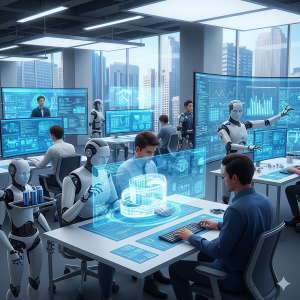
Artificial Intelligence (AI) is no longer just science fiction. It is changing industries quickly. From chatbots answering customer questions to AI tools that create content and analyze data, a big question arises: Will AI replace jobs, or will it create new chances? Let’s explore the truth.
1. Understanding the AI Revolution
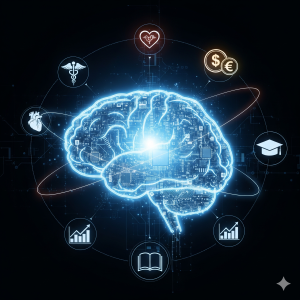
AI is not just about automation; it is a powerful technology that can learn and perform tasks that once required human intelligence. From ChatGPT generating content to MidJourney designing visuals, AI systems are transforming healthcare, finance, and education. The impact is clear. Tasks are becoming faster, more accurate, and more efficient. This growing efficiency is reshaping industries and changing the way we work.
2. Jobs at Risk Due to AI
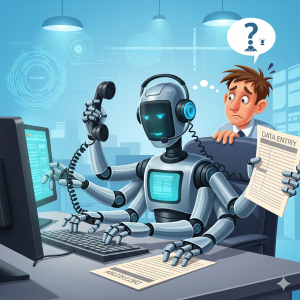
While AI is creating many opportunities, it is also making some roles easy to automate. Jobs that involve repetitive tasks, like data entry and clerical work, are increasingly handled by AI systems. Chatbots now manage basic customer support, while AI-driven call systems are taking over telemarketing. Even simple content creation is being automated through AI copywriting tools. However, it’s important to realize that “replace” does not always mean “eliminate completely.” It often means fewer humans will be needed for these routine tasks.
3. Jobs That AI Will Create or Transform
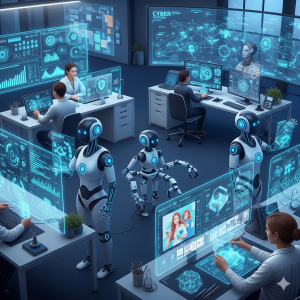
On the other hand, AI is also a strong job creator. As companies adopt AI, new career opportunities are growing in areas like AI training, prompt engineering, and data science. Businesses now need AI ethicists to ensure responsible technology use, while cybersecurity experts are essential to protect AI systems from threats. Even creative fields are changing, with writers, designers, and marketers using AI as a partner to improve their work instead of replacing it. In this way, AI is reshaping jobs rather than removing them.
4. Humans + AI = The Future of Work
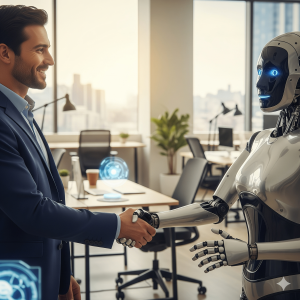
Instead of replacing humans, AI is starting to act as a collaborative partner. Workers who learn to embrace and use AI tools well will be in greater demand. Human qualities like creativity, emotional intelligence, and complex problem-solving cannot be duplicated by machines, making them more valuable than ever. For instance, while AI can analyze vast amounts of data to guide a marketing strategy, a human is still needed to create the overall vision, craft the narrative, and build an emotional connection with the audience. The future of work is not about humans versus AI; it is about humans working with AI.
5. The Real Truth: Adaptation Is the Key
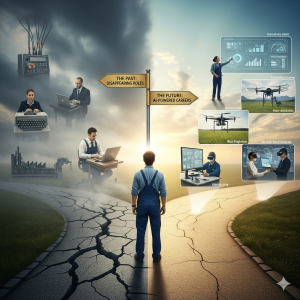
The reality is that AI will replace tasks, not entire careers. The future of work belongs to those who adapt, learn new skills, and make AI a part of their toolkit. Knowing how to use AI effectively will become as important as knowing how to use a computer was in the past. To prepare for this change, governments, businesses, and educators must invest in AI literacy, re-skilling programs, and ongoing learning opportunities. Those who don’t adapt risk being left behind; those who welcome AI will find themselves at the forefront of innovation.
Conclusion
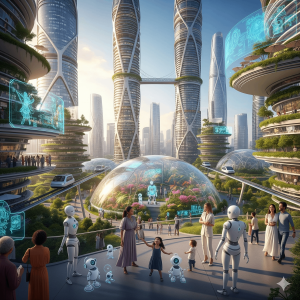
AI is not the end of jobs; it is the evolution of work. While some roles may decrease, many more will be created or adjusted. The true winners will be those who learn to embrace AI, master its tools, and combine its abilities with uniquely human creativity. Rather than fearing AI, individuals and businesses should see it as a chance to grow, innovate, and thrive in a fast-changing world.